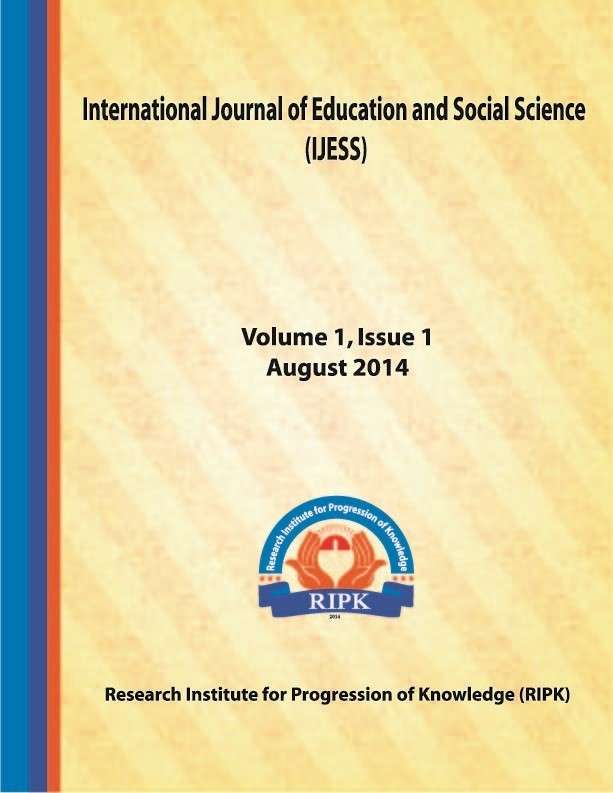Toward a Culture of Fitness in Law Enforcement: An Examination of the State of Fitness and Nutrition in Texas Police Departments
Matthew Petrocelli, PhD
Abstract
Law enforcement is a dangerous and stressful profession (Ortmeirer and Meese, 2010; Tanigoshi et al., 2008). The job of a law enforcement officer has often been compared to that of a combat soldier, where long periods of inactivity are interrupted with brief periods of high intensity action such as chasing a suspect on foot or in a high speed pursuit, dealing with aggressive and noncompliant citizens or having to use various forms of nonlethal and lethal force to enact an arrest or neutralize a dangerous person. These adrenaline spikes experienced by police officers have been shown to have deleterious health effects (Hess et al., 2013, Violanti et al., 2017). All these variable culminate in a professional climate that impairs and damages physical, psychological and emotional wellbeing far beyond that of their civilian counterparts (Tanigoshi et al., 2008). The structural nature of police work also contributes to poor physical and mental health. Long periods of inactivity lead to boredom which is sometimes countered with consuming excessive and unhealthy food. Moreover, shift work disrupts not only sleep patterns, but also lends itself to having to find dining options available at odd hours, usually in the form of fast food, convenience store offerings or diners. Working unconventional hours also impacts an officer’s ability to find the motivation and time to engage in physical fitness activities. The result of these less than optimal circumstances has been shown to diminish reaction time, increase undesirable risk taking behaviors and contribute to performance error (Anderson et al., 2001; Mroz, 2008; Swensen et al., 2008). More broadly, the danger, stress and structure of police work certainly has the potential to diminish the overall health and effectiveness of a police officer.
In an effort to counter the well documented mental and physical problems associated with a career in law enforcement, some police departments have enacted wellness programs. While wellness programs are not uniformly administered throughout the country, they are generally understood to involve multiple components including psychological counseling, substance abuse prevention and intervention protocols, access to spirituality advisement, nutritional guidance and physical fitness programs (Clark-Miller and Brady, 2013; Kuhns, et al., 2015; Tanigoshi, 2008; Willis, 2010).
Full Text: PDF


